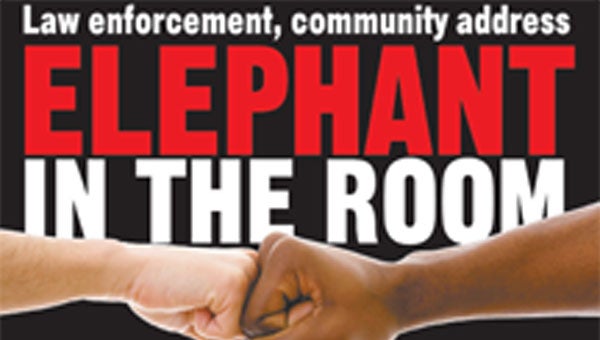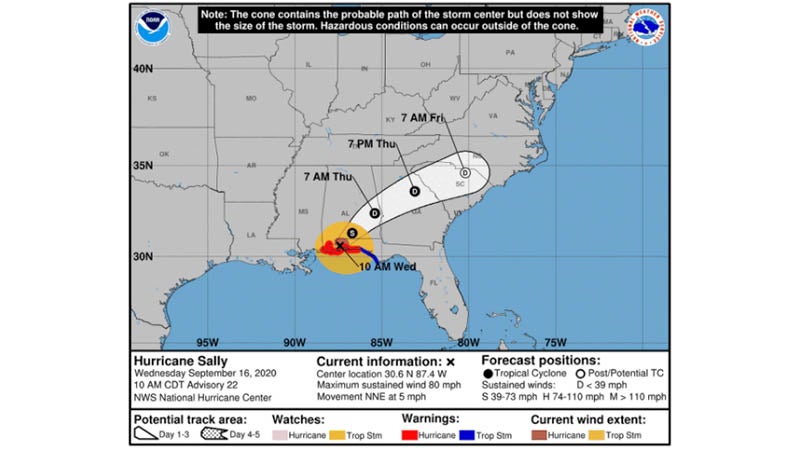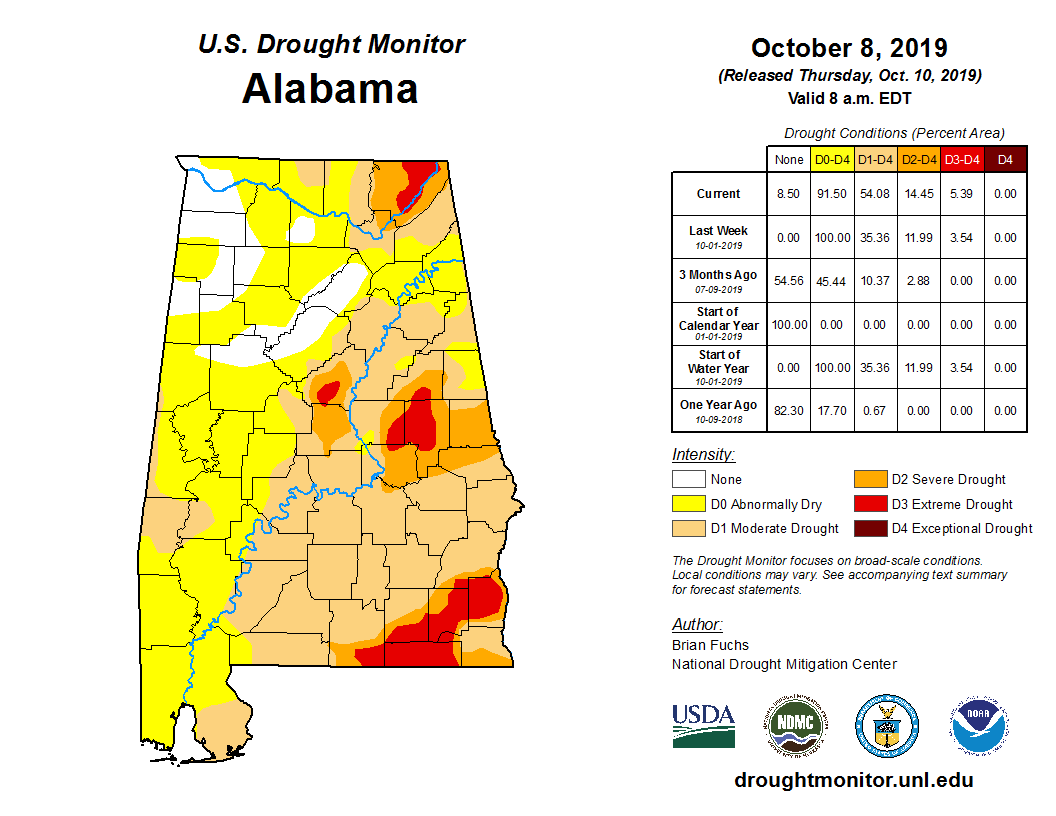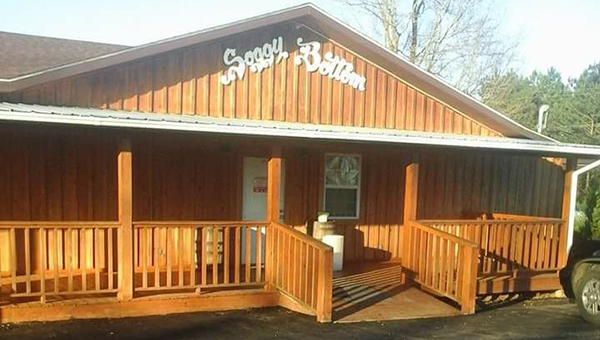Community, law enforcement talk race, issues
Published 10:48 pm Friday, March 27, 2015
Hazel Lee’s life experiences tell her that racism exists.
The Florala native who returned home after a successful career and now serves on the city council was the organizer of a meeting at the Carver Center Thursday night designed to start a dialogue between law enforcement and the community.
“Generally, white people think cops are there to protect and serve them,” Lee said. “Black people have a different perception.
“I have lived in the suburbs, and I have lived in the ghetto. When I lived in the ghetto, there was a difference between the way police treated us, and the way they treated us in the suburbs. In the ghetto, we were treated as if we were guilty until proven innocent.
“We need to have that same perception of police that people in the suburbs have,” Lee said.
District Attorney Walt Merrell, Sheriff Dennis Meeks, and Florala Police Chief Sonny Bedsole served as panelists at the meeting, which also was attended by Florala Mayor Robert Williamson, Councilwoman Ann Eason, and local attorney Allen Woodard.
All three law enforcement officers encouraged the approximately 50 people present to call them if they encountered racism – or any other problems – with local law enforcement.
“I tell my guys to never, ever take anything personally when having to deal with a situation,” Meeks said. “If you feel you have been mistreated in some way, please call my office. Don’t tell this one, and tell that one, and let things fester. Let’s get together and get it resolved.”
But both Merrell and Bedsole encouraged those there to help them in the community.
RELATED STORY: Officers answer specifics on drug searches, traffic stops, teen sex
“We get calls about people being drunk, and out of the way,” Bedsole said. “If you see that going on, try to help the situation. If they are disorderly or whatnot, get them calmed down. It might save them going to jail. If we see them staggering down the street, being belligerent, we have to get them for their own safety.”
Merrell said law enforcement often encounters roadblocks when investigating crimes in the black community.
“The black community is a tight knit community,” Merrell said, adding that crimes sometimes can’t be prosecuted because people won’t share information.
“There was a man in Andalusia who brutally, brutally, brutally abused his son,” Merrell said, adding that the young boy had a scar that was the perfect imprint of a hot iron on his back.
“The abuse had been going on for years, but we could only find two people who were willing to testify.
“So we talk about, ‘What do you have to say if an officer questions you,’ the answer is nothing. But what if he does just want to talk to you because he thinks you are a potential witness? What is this theory of isolation? What does it accomplish to an end?
“Probably a long time ago, somebody knew that boy was being beaten,” Merrell said. “That isolation resulted in him being beaten for years.”
Several residents had specific questions about what to do if they are stopped, and about different areas of the law (See related story). All said they thought the meeting was a good thing.
“I’ve been through racial profiling,” FPD officer Jimmy Connor said. “I made a promise to myself, I would never put anybody through what I’ve been through.
“I work on what’s now,” Connor said. “I don’t hold grudges, or anything like that. I hope you all are comfortable talking to me.”
Shirley Gettis was among the parents there, and she brought four teen-aged boys with her. Several times, she turned around and asked them, “Are y’all listening?”
Afterward, she said the meeting was a good thing, and she specifically liked the parts that explained laws about rape, pornography and drugs.
“We need to talk about some of this,” she said. “I’ve got a 10 year old, and he needed to hear it, too.”





